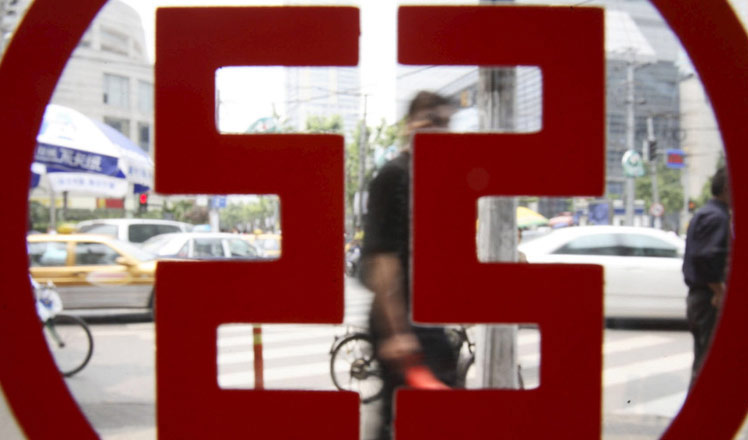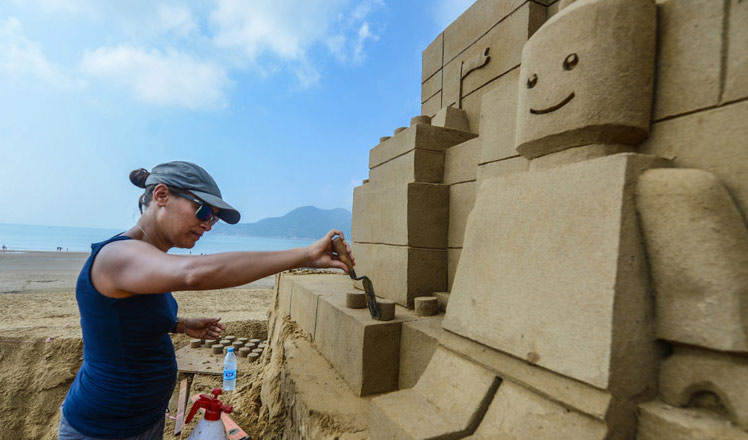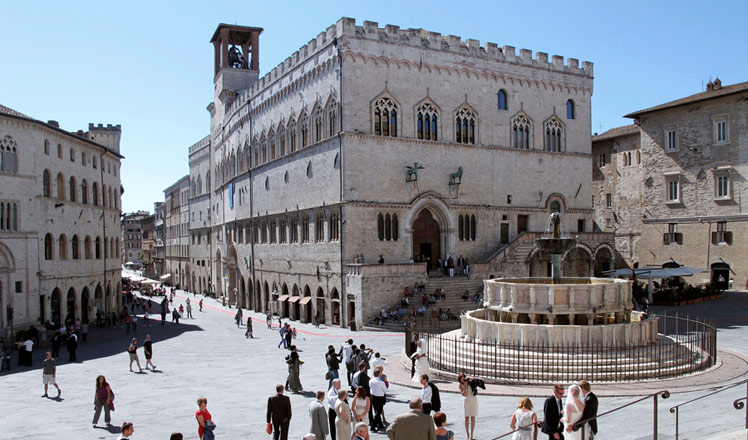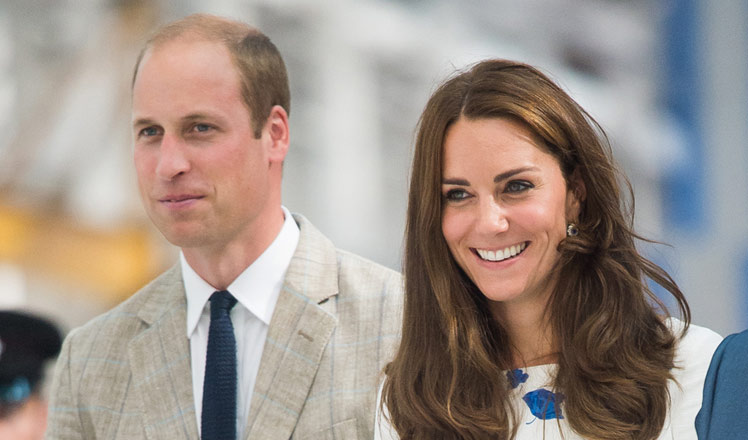Summit to facilitate freer flow of capital
Updated: 2016-08-27 08:18
By Li Yang(China Daily)
|
||||||||
The total global investment today is lower than its peak before the 2008 global financial crisis, perhaps because of the lack of coordination among countries implementing investment policies and the protectionist measures taken by some economies. Worse, according to a United Nations study in June, global investment growth could fall by 10 percent to 15 percent this year compared with 2015.
To address these critical issues, China has for the first time made facilitation of investment a key topic of discussion at the G20 Leaders' Summit in Hangzhou, capital city of East China's Zhejiang province, next month.
China has been the largest destination for foreign direct investment for more than 20 years, and studies suggest it could become the world's largest investor by 2020. It is already one of the world's largest exporters and importers.
China's commitment to free trade and efforts to build a well-regulated investment environment, coupled with its influence as G20 chair this year, will ensure the decisions taken at the Hangzhou summit will reflect the interests and concerns of both developed and developing countries. In fact, observers say the Hangzhou summit could forge a unified institutional guideline for global investment and trade.
Trade and investment can solve the fund shortage some countries face and curb trade protectionism, thereby boosting the world economy. China hopes to convince the G20 to establish a global investment governance mechanism to help reduce the costs for global investors, provide them with basic protection standards, and make investment rules more consistent. These changes will foster freer flow of capital across borders and make global distribution of resources more equitable.
Being the main exporters of capital, developed countries demand that developing economies lift the restrictions on and provide protection for foreign investment. But as the main recipients of foreign capital, developing countries say supervision and restrictions are necessary to protect overseas investment and to facilitate their economic and social development.
The differences between the two camps, and the conflicts among the developed countries, explain why most previous attempts to formalize multilateral investment treaties have failed - from the Havana Charter and the UN negotiations on transnational corporate action codes to the Organisation for Economic Co-operation and Development's multilateral investment.
The two camps' differences seem irreconcilable even though many on either side hope operational flexibility is maintained, and foreign investment remains restricted in certain industries but not rejected on the pretext of "state security".
Despite supporting investment liberalization, an increasing number of countries are taking protectionist measures against foreign investment. And the fact that the G20 members contribute 80 percent and attract 70 percent of the total foreign investment makes the Hangzhou summit an ideal platform to break the deadlock between the two camps.
The China-proposed G20 Global Investment Directive Guidelines, passed at the G20 Trade Minister Meeting in Shanghai in July, is the first programmatic document on the making of global investment policies and therefore lays the foundation for the establishment of global investment rules.
Since the founding of China (Shanghai) Pilot Free Trade Zone in 2013 to test reform plans on investment, trade, finance and governance, China has halved the number of fields where foreign investment was not allowed, passed its first Foreign Investment Law, and has been exploring the possibility of granting pre-entry "national treatment" to some types of foreign investment. It is negotiating investment treaties with the European Union and the US.
If these developments are added to China's experience in economic reforms, it becomes obvious why the world has high expectations from the Hangzhou summit.
The author is a writer with China Daily. liyang@chinadaily.com.cn
(China Daily 08/27/2016 page5)
- Bolivian deputy interior minister killed by miners: report
- In photos: Great Dorset Steam Fair 2016
- Historical towns before and after Italy's earthquake
- Car bomb kills at least eight at police headquarters in Turkey
- Brazil's Senate begins Rousseff's impeachment trial
- Arts festival aims to unite cultures

 World's top 10 largest banks by assets
World's top 10 largest banks by assets
 Sand sculptures to welcome the G20 Summit
Sand sculptures to welcome the G20 Summit
 Historical towns before and after Italy's earthquake
Historical towns before and after Italy's earthquake
 College prepares 300 sleeping mats for parents
College prepares 300 sleeping mats for parents
 Ten photos from around China: Aug 19 – 25
Ten photos from around China: Aug 19 – 25
 Top 5 fitness bands in customer satisfaction
Top 5 fitness bands in customer satisfaction
 Orangutan goes shopping in Southwest China
Orangutan goes shopping in Southwest China
 Prince William and Kate visit charity orgarnization
Prince William and Kate visit charity orgarnization
Most Viewed
Editor's Picks

|

|

|

|

|

|
Today's Top News
Trump outlines anti-terror plan, proposing extreme vetting for immigrants
Phelps puts spotlight on cupping
US launches airstrikes against IS targets in Libya's Sirte
Ministry slams US-Korean THAAD deployment
Two police officers shot at protest in Dallas
Abe's blame game reveals his policies failing to get results
Ending wildlife trafficking must be policy priority in Asia
Effects of supply-side reform take time to be seen
US Weekly

|

|







